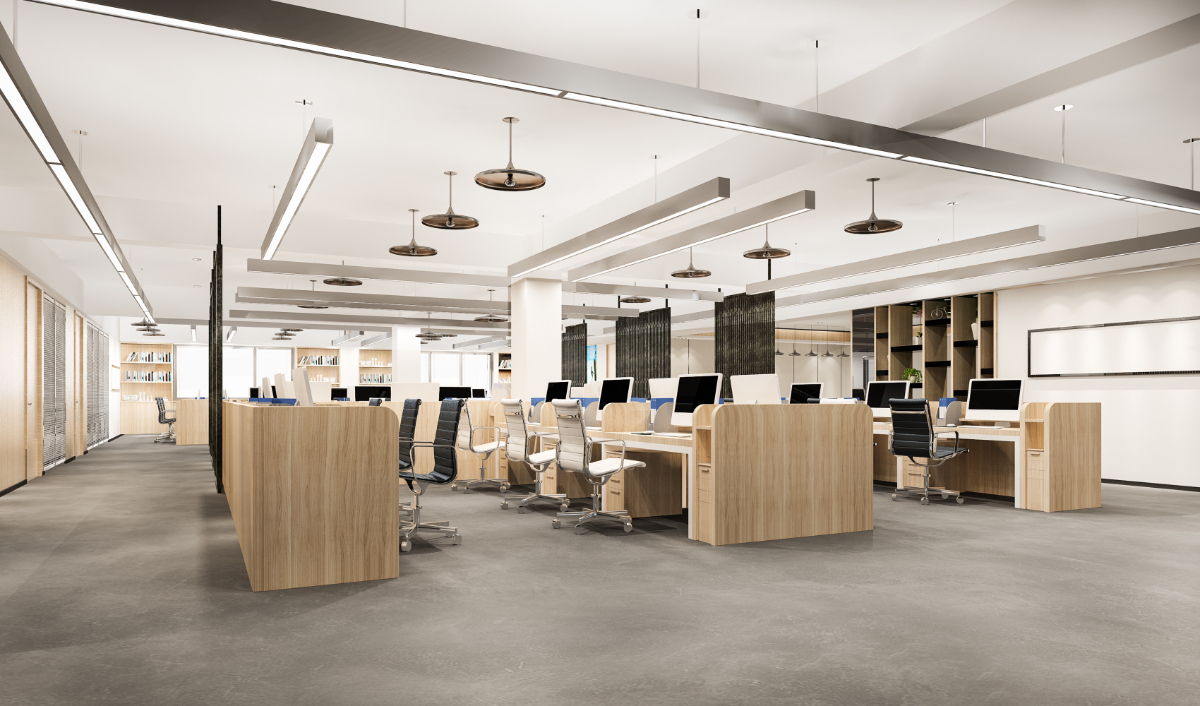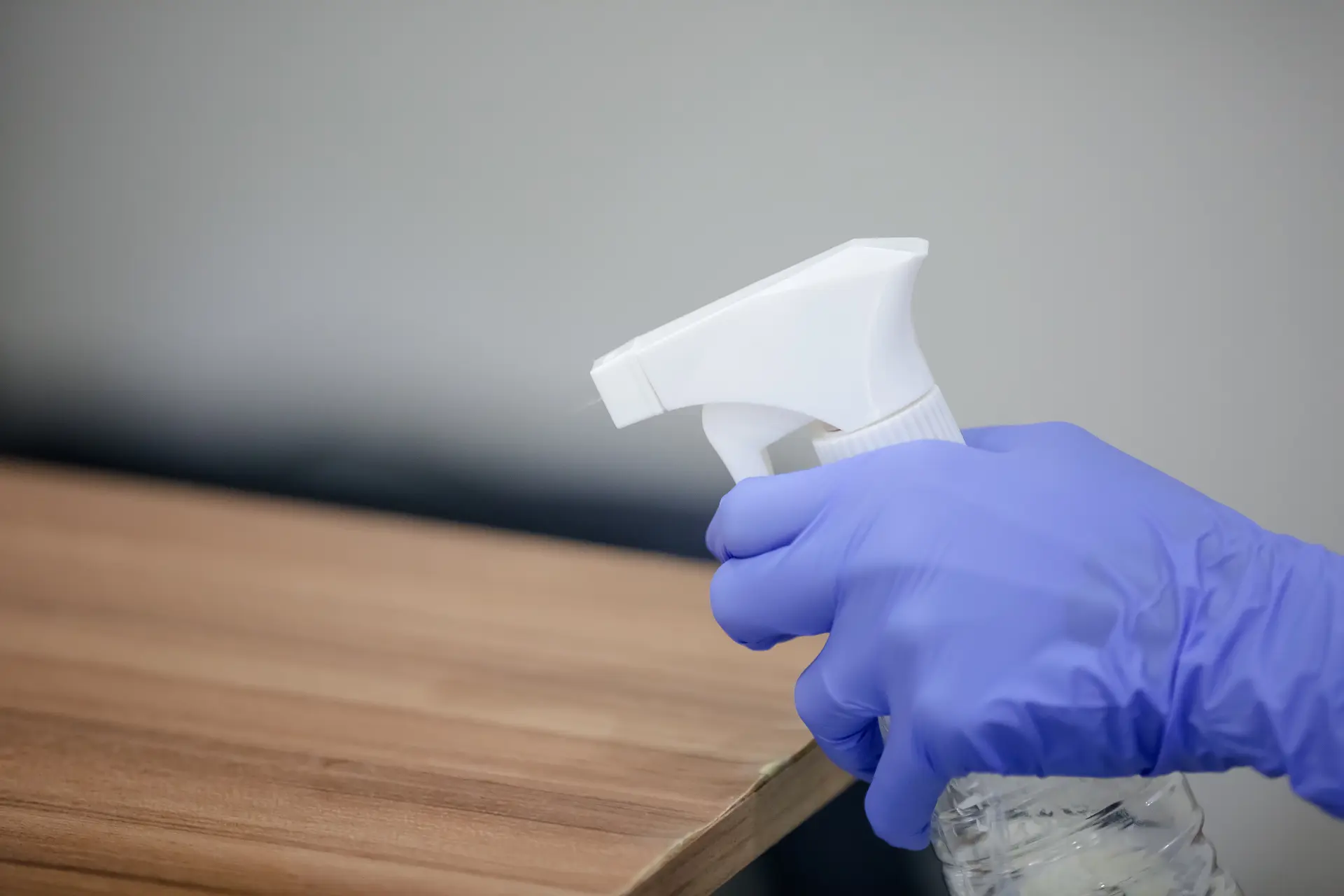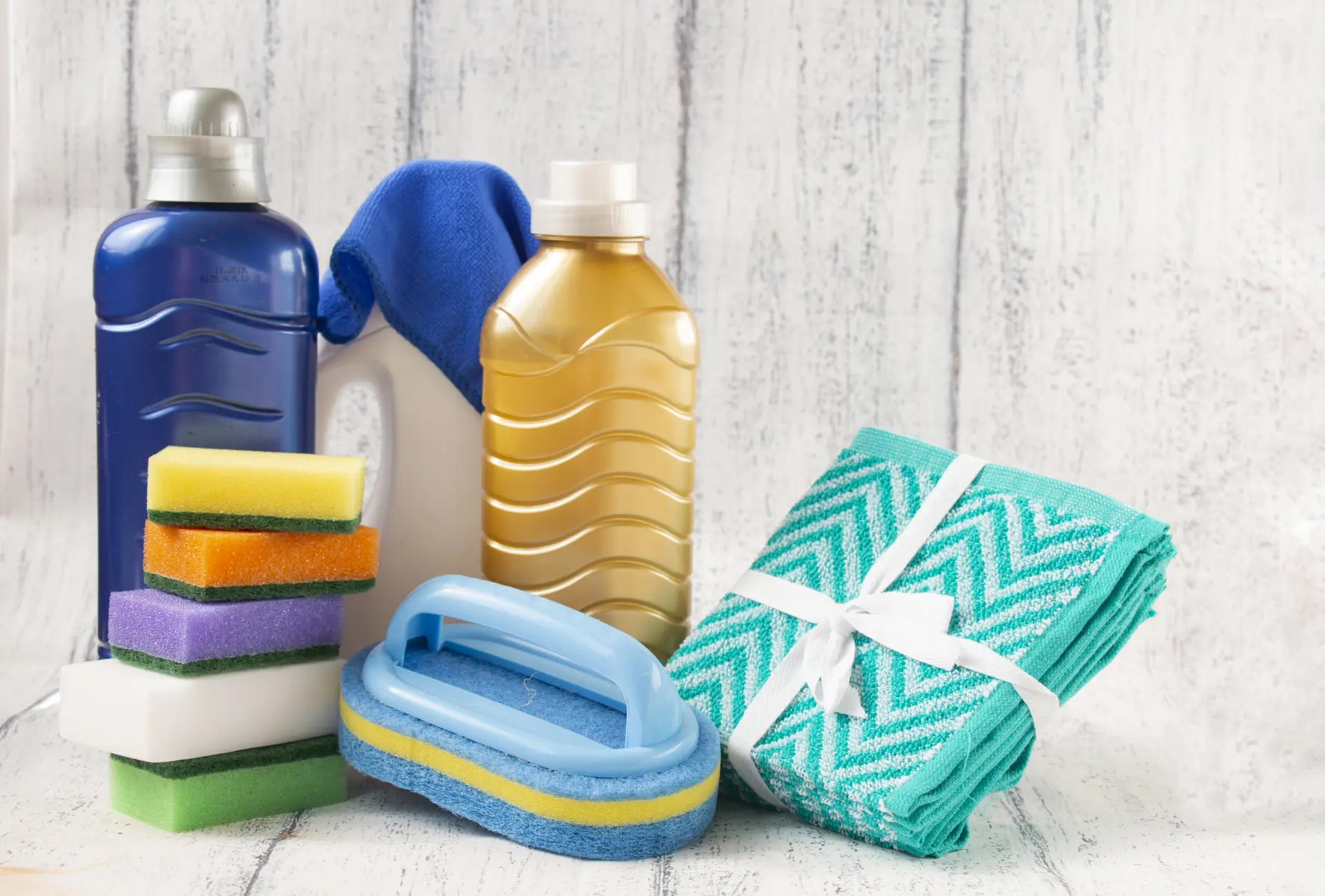Discover how clean premises improves your health by reducing germs and boosting indoor air quality. Create a healthier workplace with our professional cleaning.
Reducing the Spread of Germs and Illness
A clean workplace significantly reduces the presence and spread of harmful bacteria, viruses, and fungi among workers and customers. Surfaces like desks, door handles, equipment, and kitchen areas can harbour germs that can be spread through direct contact or airborne transmission.
Consistently cleaning and disinfecting surfaces helps reduce the risk of germs spreading, which is particularly important during flu seasons since unclean environments can increase the rate of infections.
Good hygiene practices and a well-maintained environment can also minimise absenteeism caused by illnesses. When employees work in clean surroundings, they are less likely to contract infections or respiratory problems, which means there are fewer sick days and less disruption to daily operations.
Additionally, clean premises can also improve the indoor air quality. Dust, mould, and pollutants in unclean environments can make allergies and respiratory conditions such as asthma even worse. Proper ventilation, dust control, and routine cleaning reduce these risks and create a more comfortable space for employees to work in.
Cleanliness also sends a strong message about a company’s values. It shows that the organisation prioritises the well-being of its staff and is committed to maintaining high standards of health and safety.
Improving Indoor Air Quality
Your indoor air quality can affect both the condition of your building and the health of your employees. Your indoor air quality refers to the quality of the air inside and surrounding your building, particularly in terms of how it affects the comfort, safety, and well-being of those who occupy the space.
Dust, mould growth, airborne pollutants, chemical cleaning agents, and poor ventilation can all reduce the quality of your air. In commercial buildings, where many people work in enclosed spaces, these factors can quickly lead to the environment becoming unhealthy if it isn't regularly cleaned.
Regular vacuuming with HEPA filters, dusting, and proper waste disposal prevents these contaminates from circulating through the air. Clean HVAC systems and air ducts are also crucial, as they help maintain good airflow and prevent the spread of dust and mould spores throughout the building.

Bad air quality can cause a range of health problems, such as fatigue, allergies, asthma and bronchitis. In work environments, constant exposure to bad indoor air can impact your employees' concentration, energy levels and general well-being.
Over time, these effects often lead to higher rates of absenteeism and reduced productivity, ultimately impacting your business' performance.
Furthermore, long-term exposure to airborne pollutants can increase the risk of workers developing chronic illnesses, which can put additional strain on healthcare resources and employers.
Preventing Allergies and Respiratory Problems
Dust, mould and pollen are common allergens that can accumulate in carpets, upholstery, ventilation systems, and other surfaces.
Without routine cleaning, these particles can become airborne and inhaled by staff, leading to issues such as sneezing, coughing, itchy eyes and breathing difficulties. For individuals with asthma or other respiratory conditions, exposure to these allergens can result in more frequent and severe allergy flare-ups.
Maintaining a clean workspace also helps minimise the risk of mould growth, which commonly develops in damp, poorly ventilated areas. Exposure to mould spores can significantly affect your respiratory health and aggravate pre-existing conditions like asthma. Regular cleaning and maintenance, including moisture control and ventilation, can help prevent mould from developing and spreading in commercial buildings.
Clean air vents and well-maintained HVAC systems circulate fresh, filtered air throughout the workplace, effectively reducing the presence of airborne allergens and irritants. By keeping these systems in good condition, businesses can help lower the risk of illnesses spreading.
Encouraging Good Hygiene Habits at Work
When employees are surrounded by a clean and tidy workspace, they are more likely to take pride in their surroundings and pick up habits that help maintain that standard.
For example, visibly clean kitchens, toilets, and communal areas can prompt workers to clean up after themselves, dispose of waste properly, and wash their hands more frequently. When practised consistently, these simple habits help limit the spread of germs and support a healthier work environment.

A clean environment also sends a strong message about your company’s values. When employers show a commitment to cleanliness and hygiene, employees are more likely to follow suit.
This creates a culture where hygiene is prioritised, and individuals take responsibility for their own habits as well as shared spaces.
In summary, a clean commercial premise does more than just improve its appearance, it also helps create a workplace culture where good hygiene is the norm.
By fostering these habits, companies can create a healthier, more productive environment where their staff feel respected and motivated to contribute to the cleanliness and well-being of their workplace.
At Anglesey Commercial Cleaning, we’re here to help keep your workspace clean, fresh, and welcoming. Whether it’s an office or an industrial site, our team uses high-quality equipment and trusted cleaning methods to meet all UK health and safety standards. We’ll work with you to create a safer, healthier environment that makes a great impression every time.


